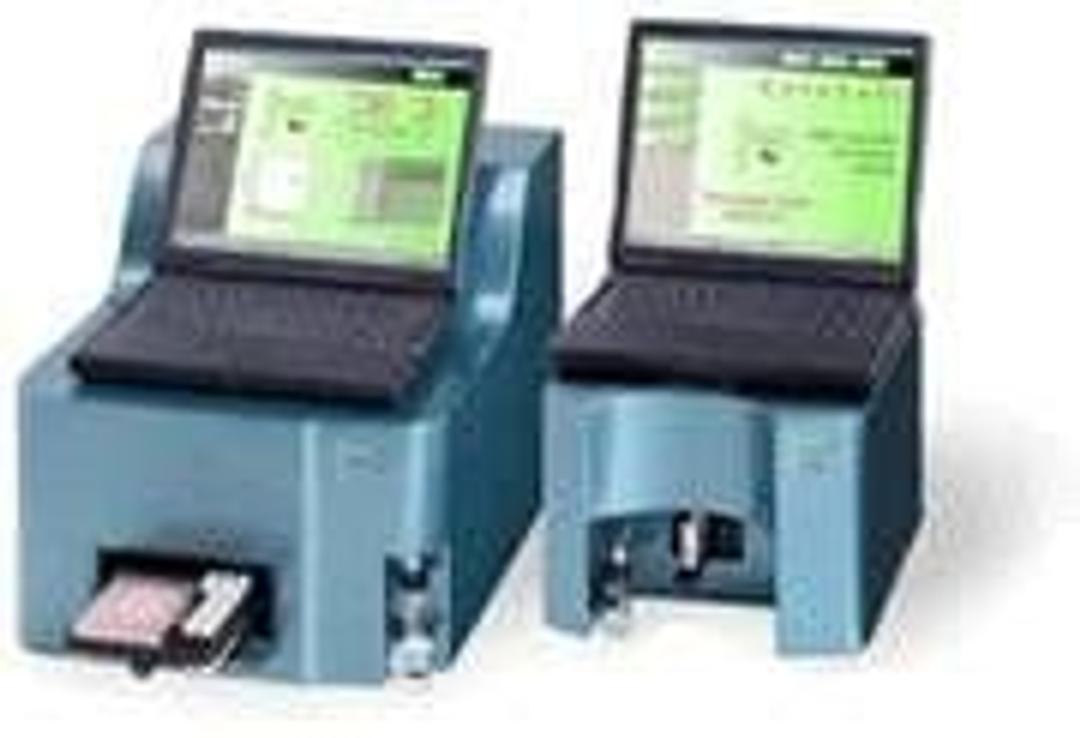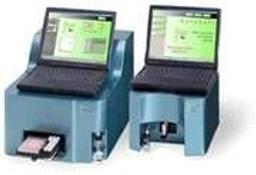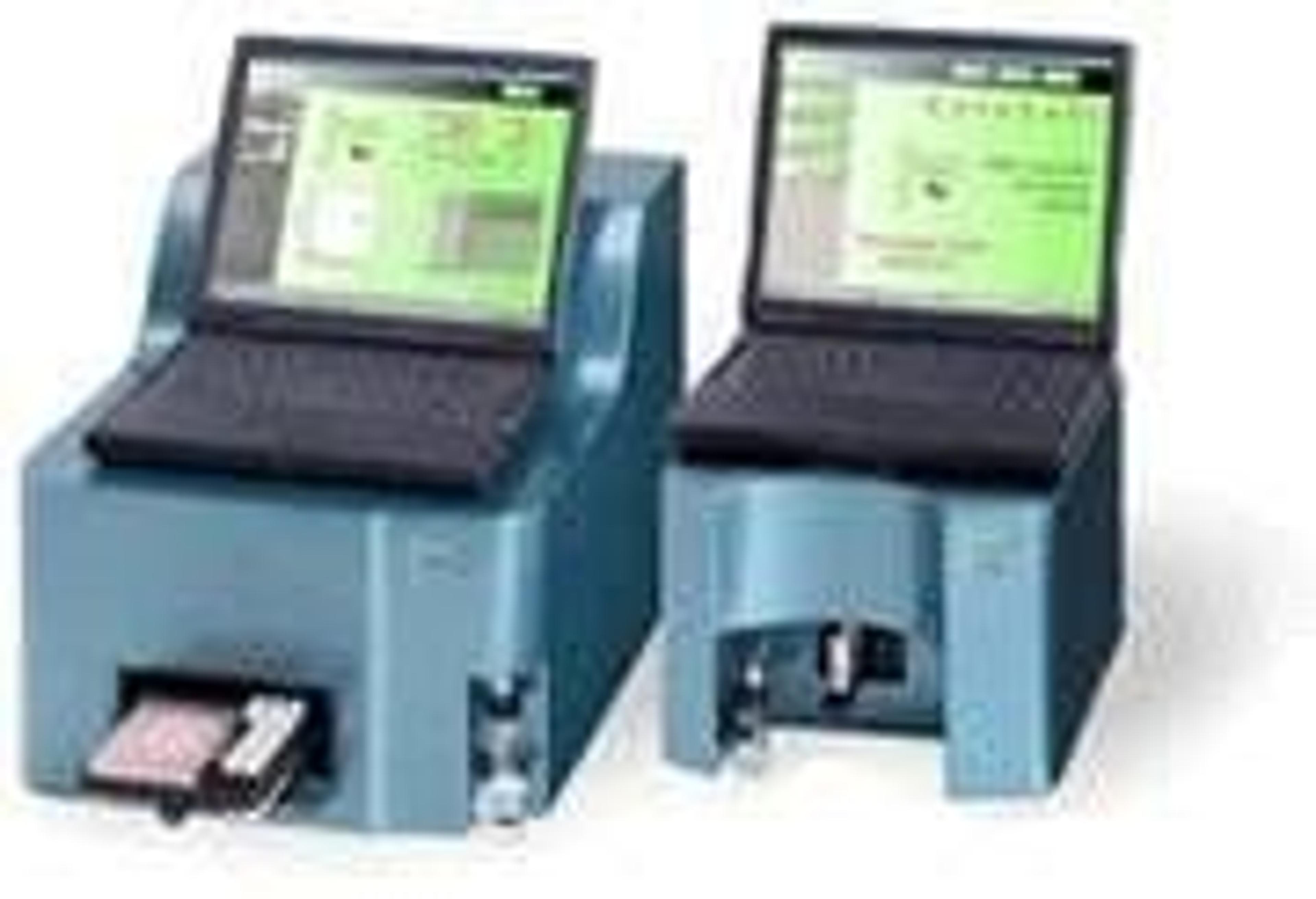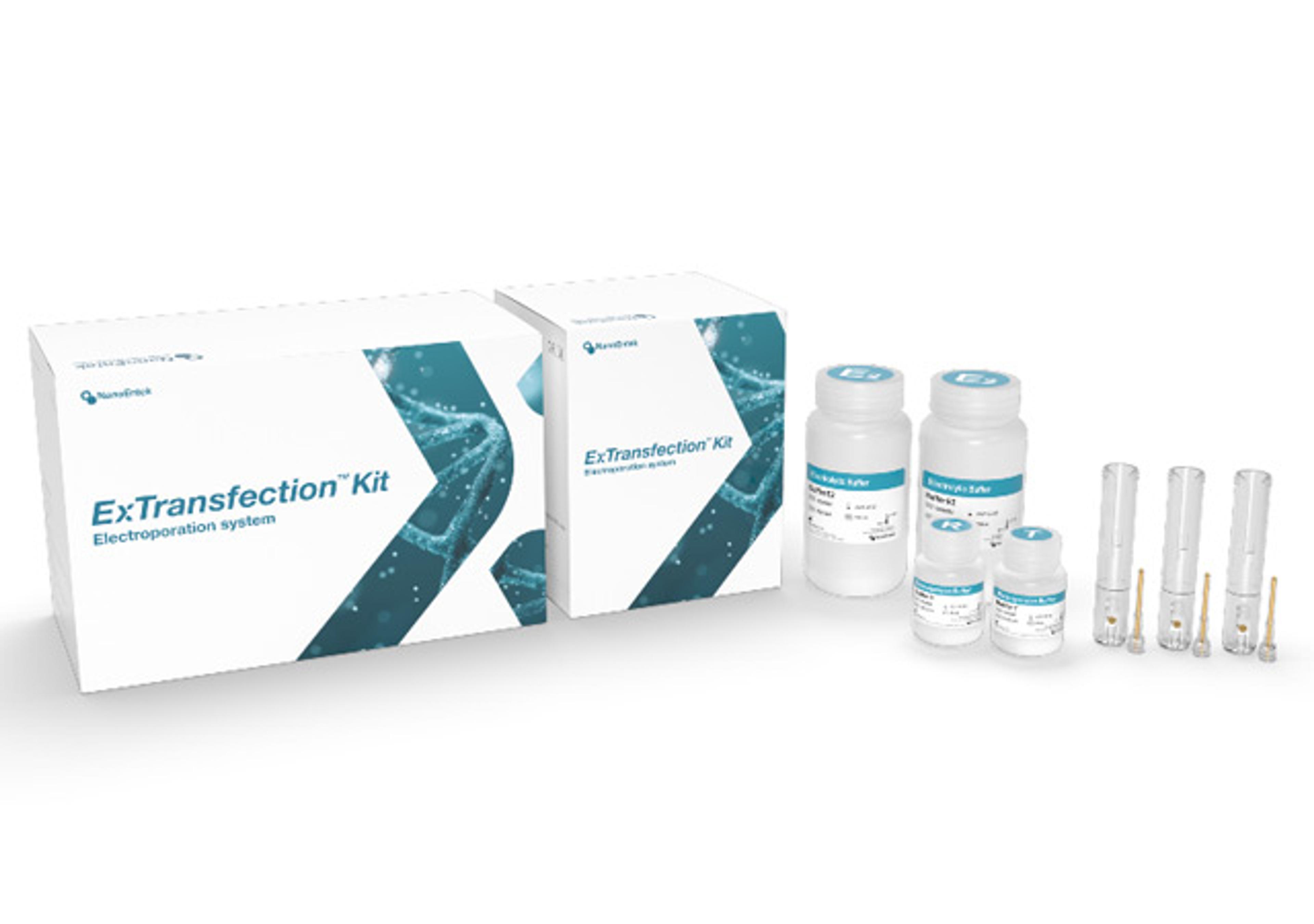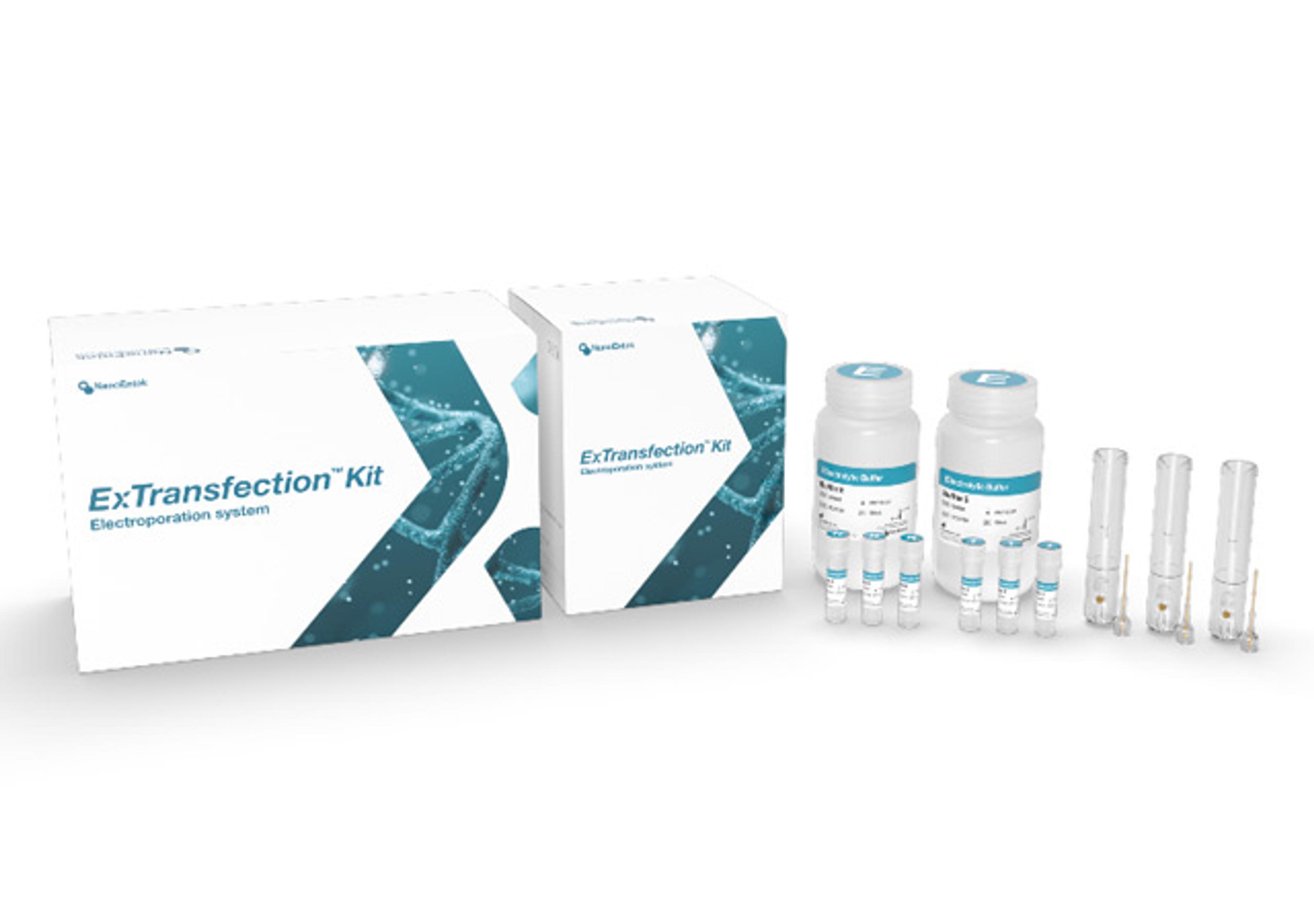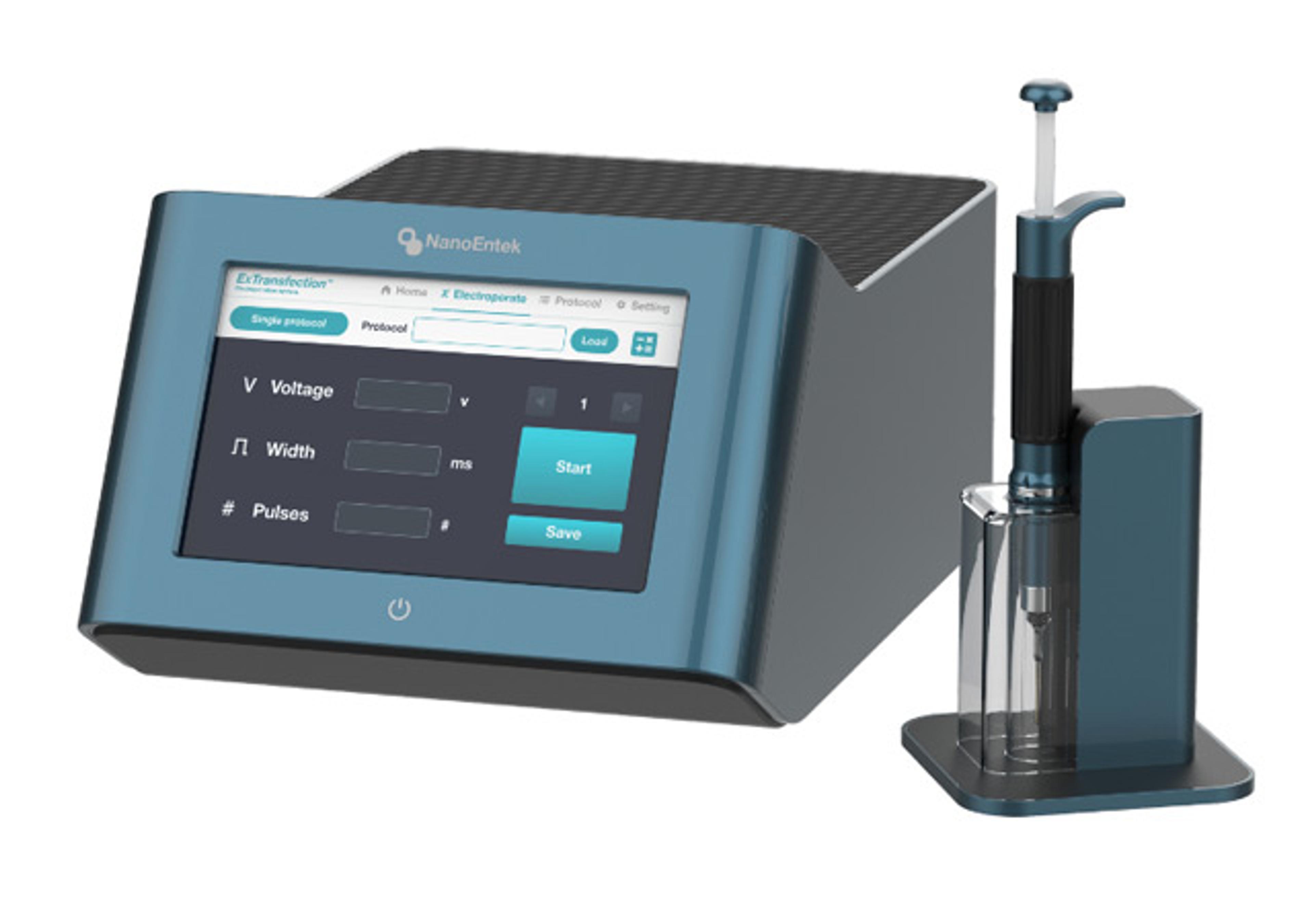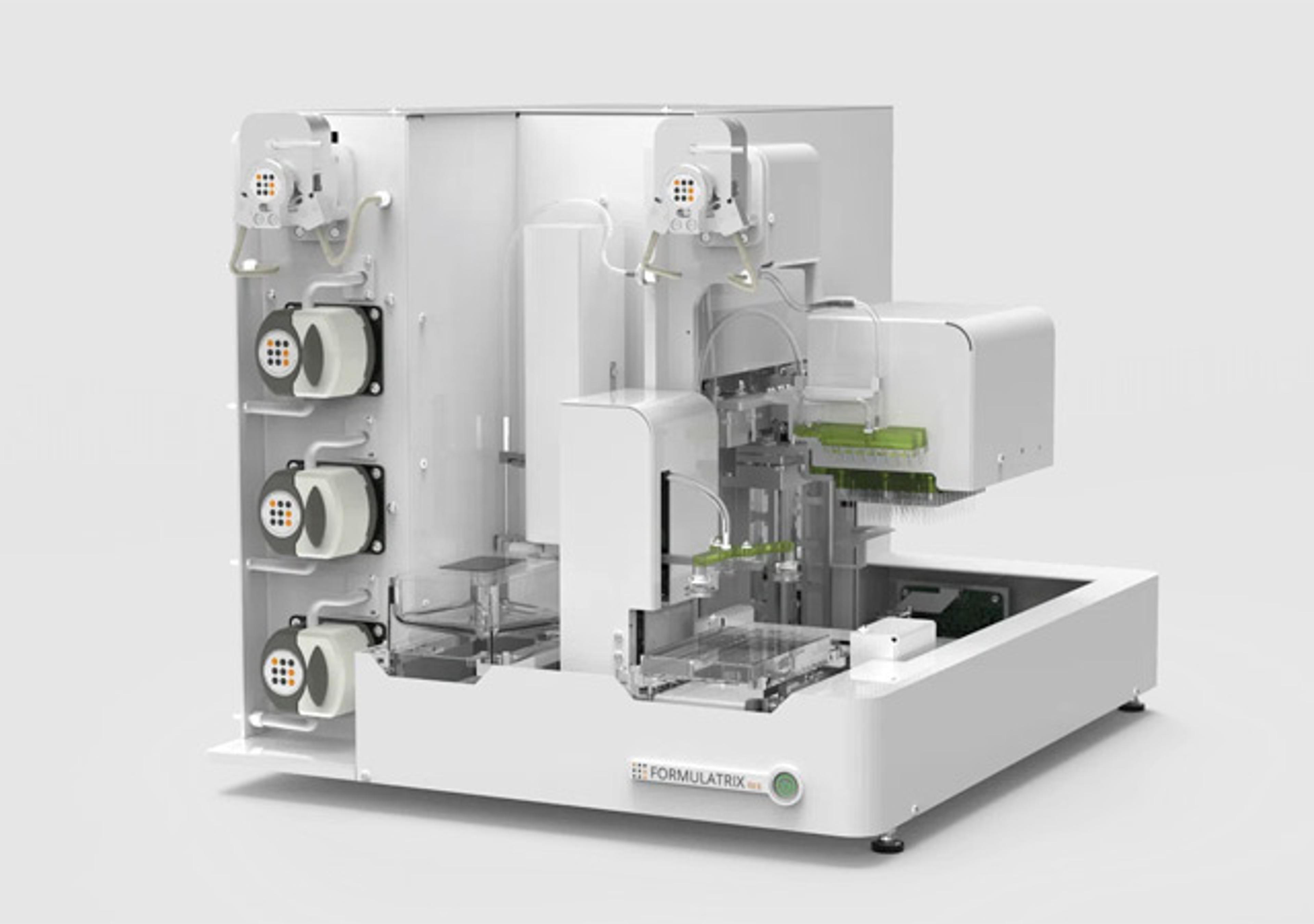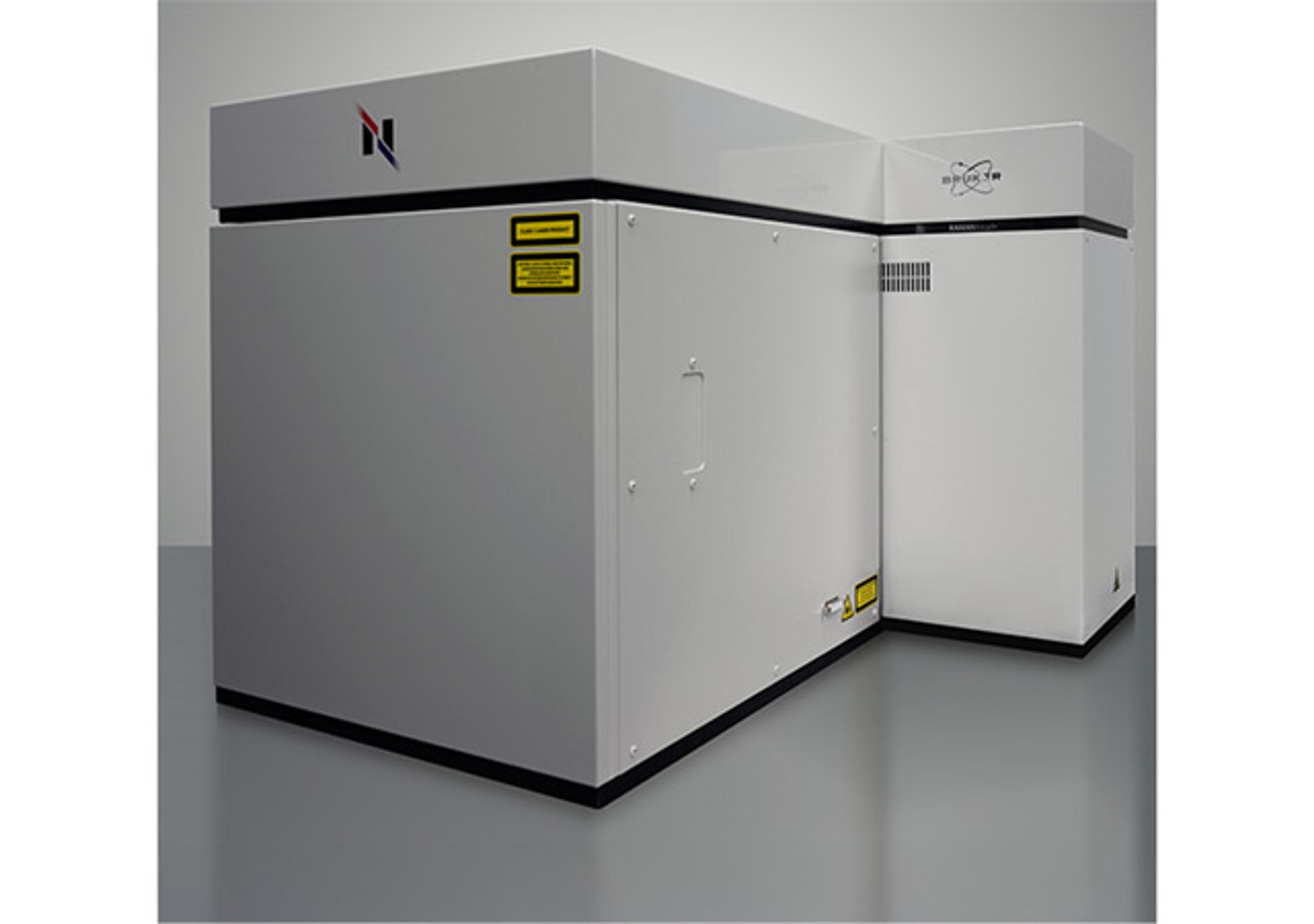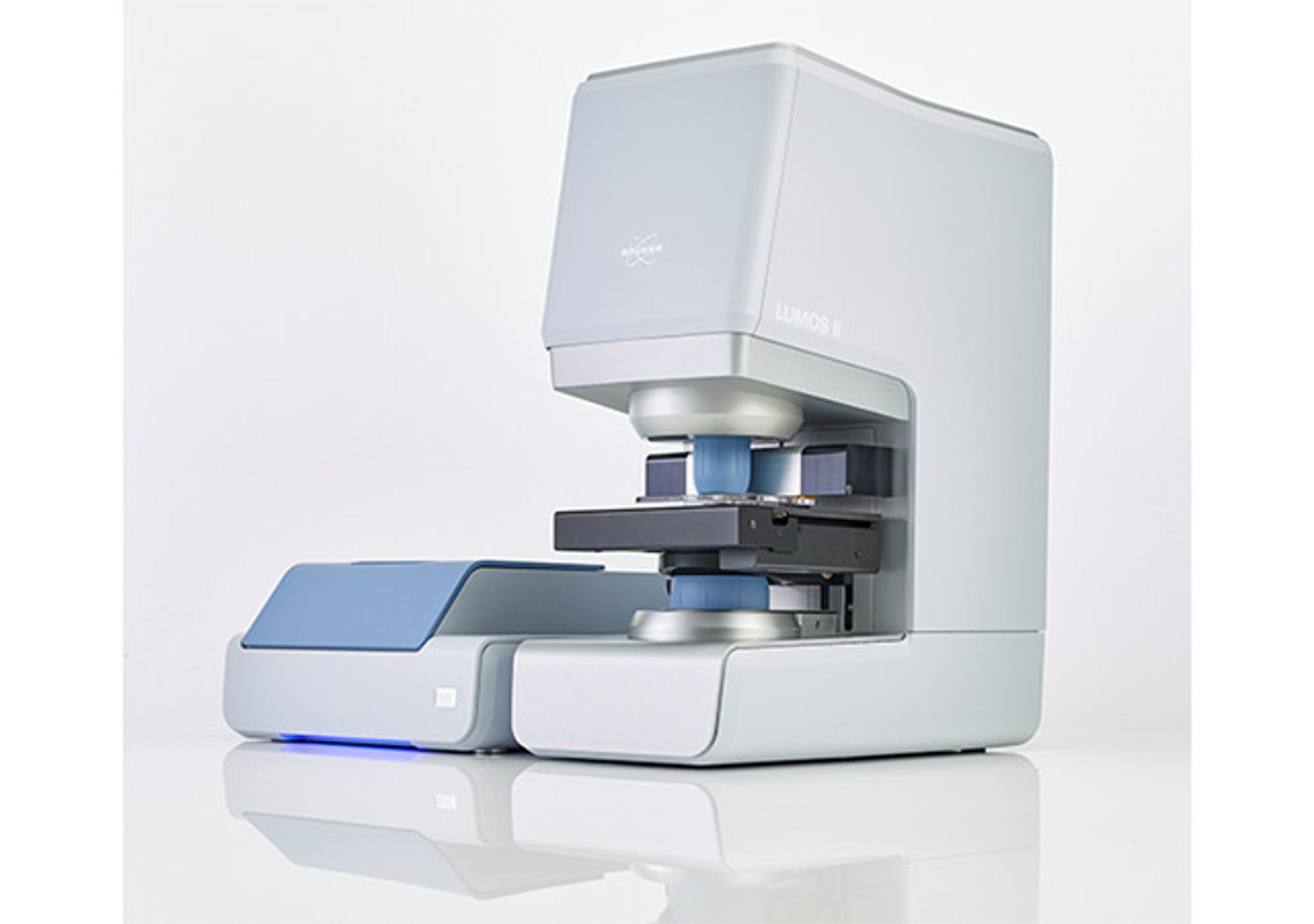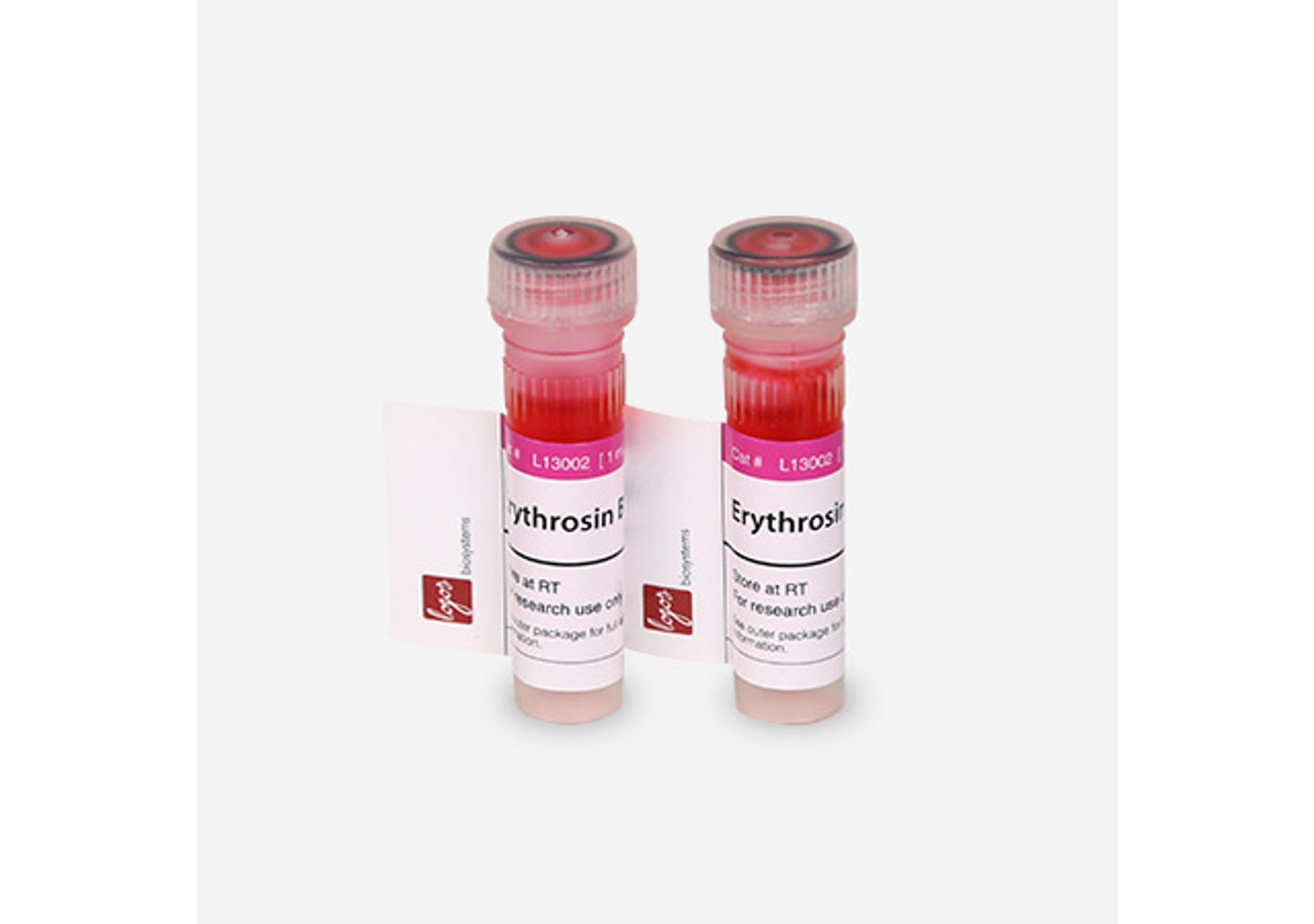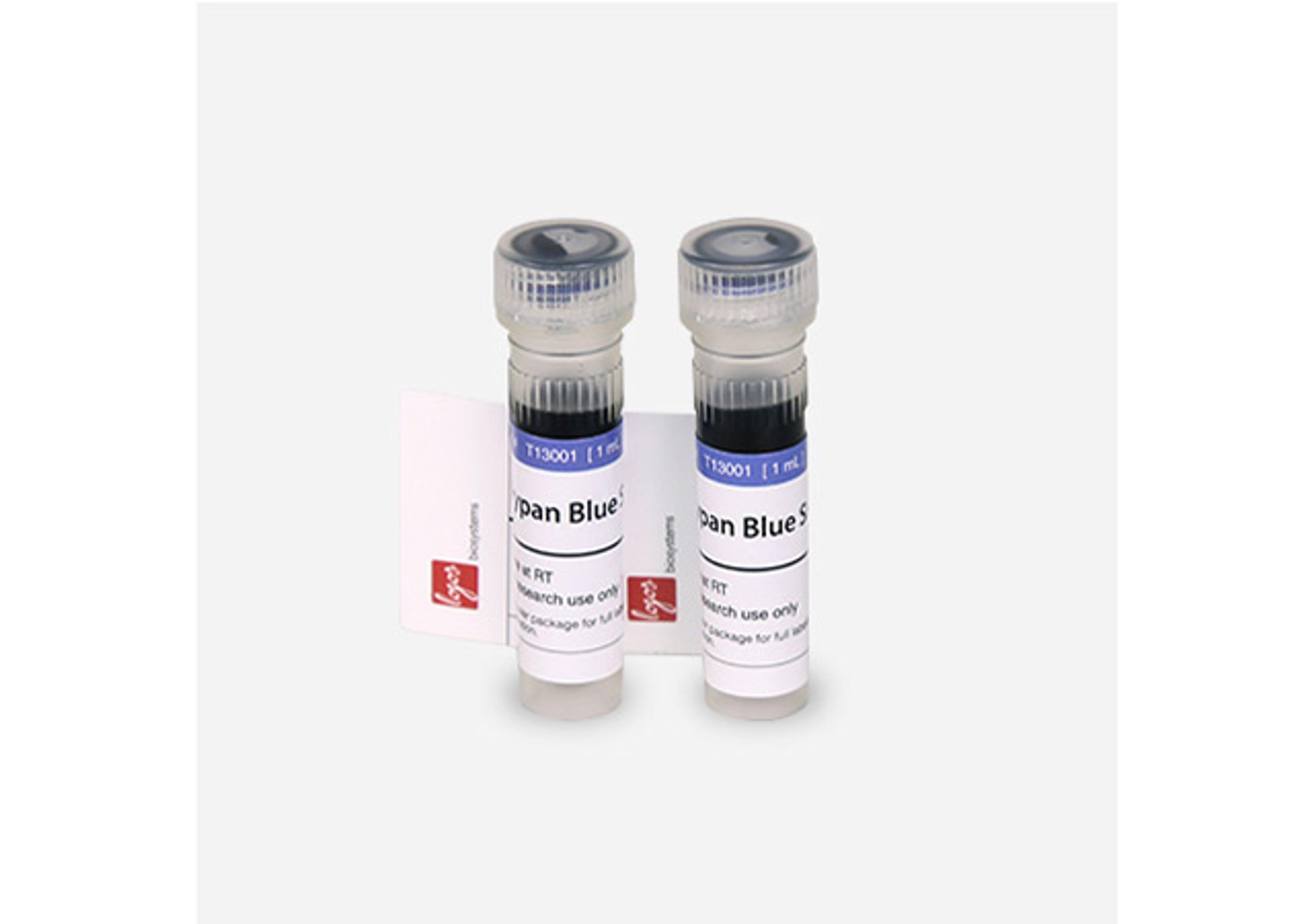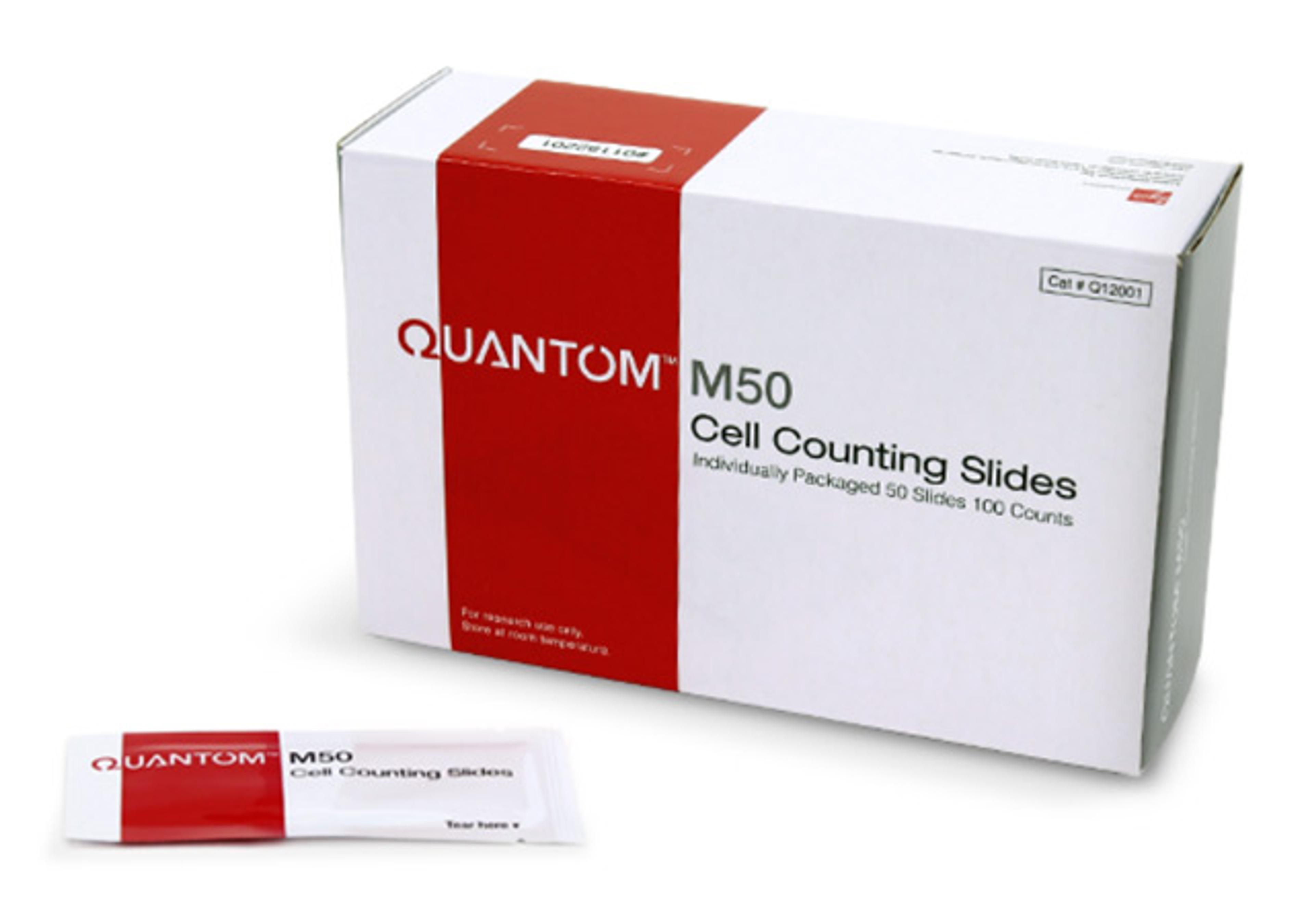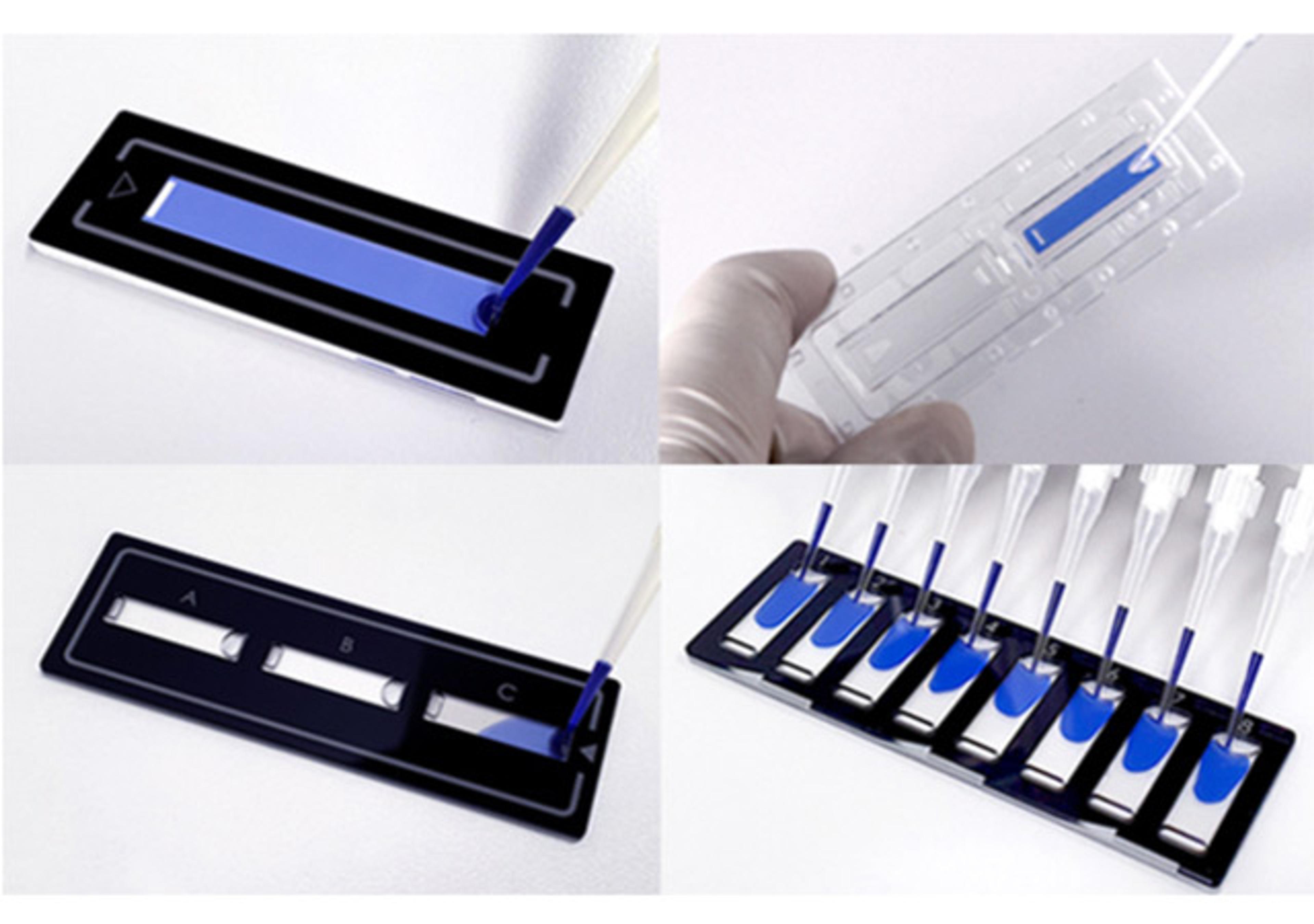Apoptosis Assay Suite
Apoptosis, or programmed cell death, is a highly regulated pathway that is important in normal developmental processes as well as many diseases. Cells undergoing apoptosis are identifiable by a number of characteristics, including changes in mitochonrial membrane potential, transport of phosphatidylserine (PS) to the membrane surface, activation of caspase proteases, and DNA fragmentation in the nucleus. Guava offers four apop…

The supplier does not provide quotations for this product through SelectScience. You can search for similar products in our Product Directory.
Apoptosis, or programmed cell death, is a highly regulated pathway that is important in normal developmental processes as well as many diseases. Cells undergoing apoptosis are identifiable by a number of characteristics, including changes in mitochonrial membrane potential, transport of phosphatidylserine (PS) to the membrane surface, activation of caspase proteases, and DNA fragmentation in the nucleus. Guava offers four apoptosis assays to assess these markers of early-, mid- and late-stage apoptosis:
- Annexin V binding (Guava Nexin assay)
- Multiple caspase activity (Guava MultiCaspase assay)
- Caspase 3/7 or 8 Activation
- DNA strand breakage (Guava TUNEL assay)
For monitoring changes in mitochondrial membrane potential (Guava MitoPotential assay)
Engineered for use on the Guava PCA systems and requiring only microvolume cell samples, all three assays provide superior discrimination between apoptotic and non-apoptotic cells. When used together, the Guava assays provide detailed profiles of cell populations in various stages of apoptosis. The no-wash, mix and read Guava Mitopotential and Guava Nexin assays can be especially powerful for rapid screening in 96-well microplates.
Each assay uses proprietary Guava software, and reagent kits optimized for use with the Guava system.

